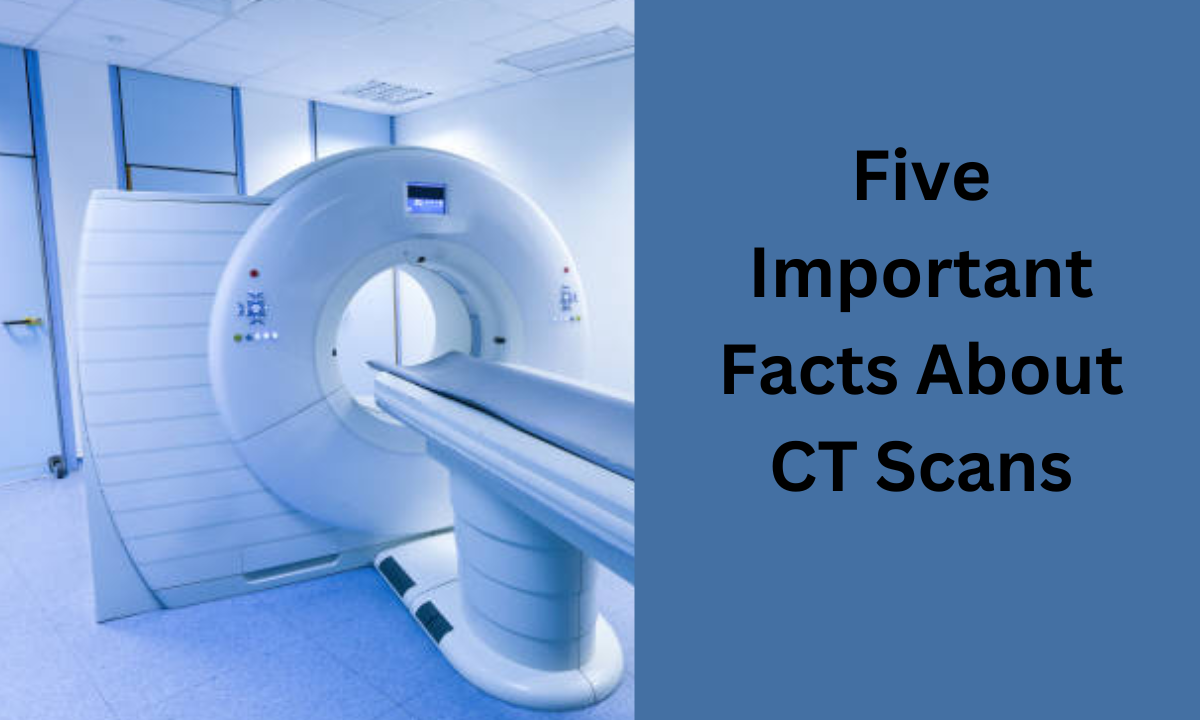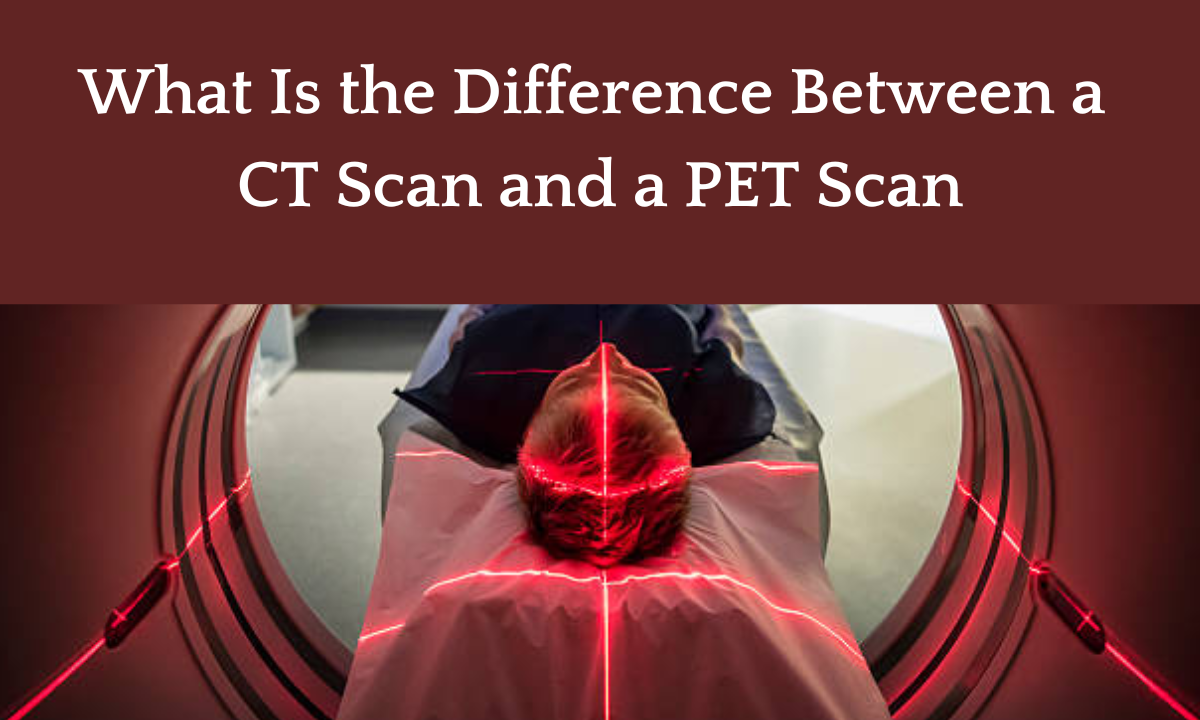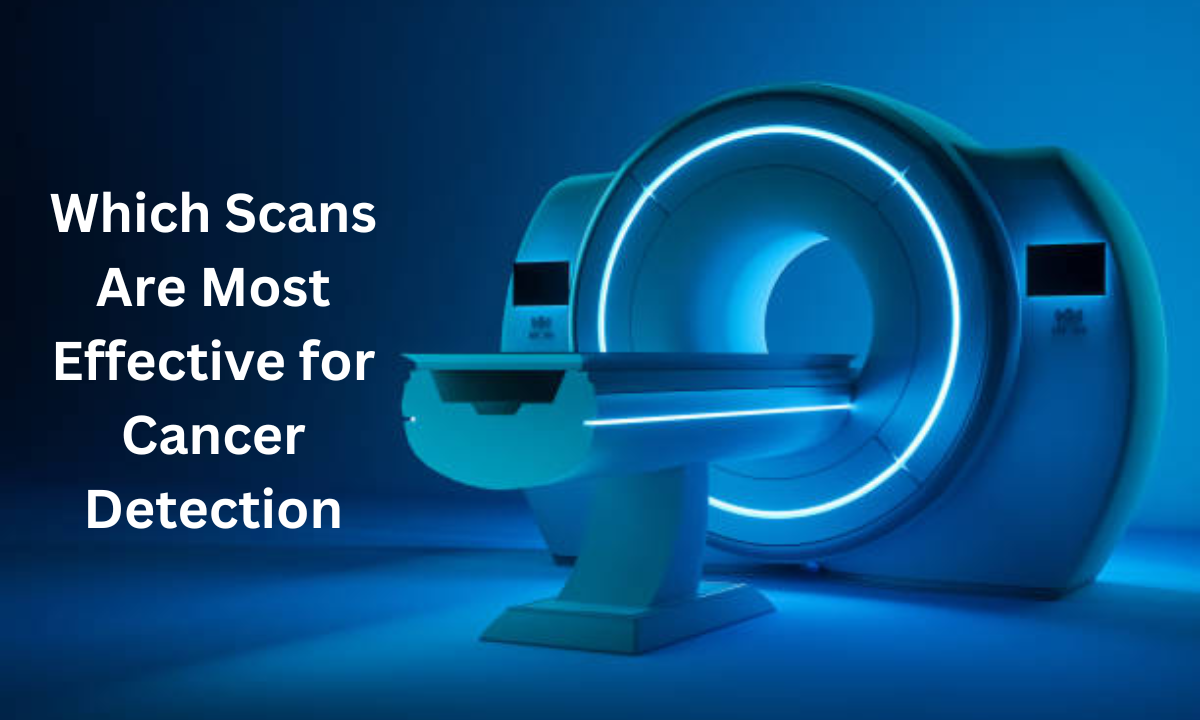SPECT stands for single-photon emission computed tomography is a nuclear imaging test that produces 3D images of the body and reveals organ function by using a radioactive material and a camera.
A SPECT-CT scan is a sort of nuclear medicine scan that combines pictures from two separate scans to provide precise data on body functioning and spot issues. This comprehensive scan aids in the diagnosis and management of numerous medical conditions.
This article is a detailed guide for you to know and understand all possible aspects and constraints associated with SPECT-CT Scan even from specialized doctors.
SPECT and PET Scan Differences
Here is the list of key differences between these two technologies:
Nuclear imaging examinations like the PET scan and SPECT produce 3D images of the body using specialized cameras and radioactive materials.
- PET employs radioisotopes that produce positrons, whereas Spect uses radioisotopes that emit gamma rays.
- While PET is used for cancer detection and treatment evaluation, SPECT is utilized to monitor cardiac problems.
Two cutting-edge technology techniques for identifying and diagnosing diseases are the PET scan and the SPECT scan.
- Radiotracers with injected activity are used in PET scans to increase detection sensitivity.
- In a SPECT scan, various energy levels are used to simultaneously image various processes, speeding up image capture and allowing for data co-registration.
- Despite their benefits, PET scans are less common, more expensive, and more difficult to administer.
- Wider circulation, more accessible technology, and more skilled personnel are all advantages of SPECT scans.
- Without insurance, the typical cost of a SPECT scan can range from 1300 dollars to over 4000 dollars, regardless of insurance coverage.
- For several factors, including location, goal, and insurance coverage, a PET scan in India will range anywhere from INR 5,989 to 29,754. The price of the scan differs according to the type and level of the scan.
SPECT-CT Scan Eligibility
The SPECT-CT scan combines two separate nuclear medicine scans to give accurate data on how the human system operates and to spot issues. Spectroscopic CT scan eligibility may vary by place, objective, and medical background. Although generally safe and non-intrusive, the eligibility requirements might not be appropriate for everyone.
The basic criteria for eligibility for SPECT-CT scans include:
- The radiation used in SPECT-CT scans can harm the developing fetus, thus pregnant women and those who are nursing should tell their doctors before the procedure.
- If nursing is involved, it might be necessary to cease for a while so the radioactive material can clear.
- Additionally, to avoid potential negative effects, pregnant women and people who have sensitivities to medicines or contrast agents should let their doctor know before the scan.
- Before obtaining a CT scan, patients with medical disorders like liver disease, renal disease, and heart disease must have sound medical guidance. To guarantee protection and precision, these situations can necessitate modifications to drugs like insulin, blood thinners, or sedatives.
- For a secure and reliable scan, it is essential to let your doctor know about these diseases and any drugs you are currently taking.
To ensure accuracy and protection, a radiology technologist or physician gives directions for a SPECT-CT scan. If you have any queries or worries about your eligibility for a scan, follow these instructions and speak to your doctor.
SPECT-CT Scan Technologist
SPECT-CT scans are carried out by nuclear medicine technologists, who subsequently communicate the results to the referring physician after the scan has been evaluated and analyzed by an expert doctor.
SPECT-CT Scan preparation
For maximum proficiency and security, precise guidelines are needed for SpecT-CT scans. It is recommended to fast for a few hours before the scan, often 4-6 hours, to avoid altering scan accuracy.
- Before the scan, several medications—especially those containing glucose or insulin—might be stopped. Tell your doctor about all of your prescription, over-the-counter, vitamin, and dietary supplement prescriptions.
- Wear loose-fitting, comfortable clothing without any metal, including buttons, zippers, or jewelry, and change into a hospital gown before the scan.
- For the most trustworthy results from a SPECT scan, physical activity should be avoided for at least 24 hours beforehand. Patients with diabetes should let their doctor know about the issue since they may need special diet and medication adjustments.
- Pregnant women should disclose their pregnancy to their doctor since SPECT scans employ low-level radiation that may harm the fetus in development.
- To ensure accurate findings, it’s critical to keep blood sugar levels consistent and lead a healthy lifestyle.
It is always recommended to first speak to your doctor before this preparation simply to avoid any complications.
How long does it take to get results from a SPECT-CT scan?
Result time depends on the location and goal of the SPECT-CT scan, different amounts of time are required to receive the findings. Results are normally returned to the doctor who referred you within two weeks, according to Newcastle Hospitals NHS Foundation Trust. It is preferable to speak with your physician or a radiology technician for more detailed information.
Side-Effects of SPECT-CT
As mentioned above, the nuclear medicine method called a SPECT-CT scan includes images from two separate kinds of scans to give a detailed understanding of how the body is operating and spot issues. It is generally risk-free and has no negative side effects.
Following the intravenous injection, there may be some minor bleeding, discomfort, or swelling in the arm where the needle was put. According to some of the specialists, mild bleeding, discomfort, or swelling may happen after receiving an injection or infusion of a radioactive tracer. A rare occurrence, though, is an allergy to the radioactive tracer.
KIRAN NUCLEAR MEDICINE & PET/CT CENTER has to say that a SPECT-CT scan has no negative consequences, and the prescribed low-dose computerized tomography (CT) additional radiation needs are modest. These are often safe and do not cause after-effects to the human-body.
Summing Up
The SPECT-CT scan is an advanced test that combines a SPECT and CT scan. It gives doctors a detailed look at organ function to diagnose problems.
The test is safe for most people. But pregnant women and those with some health conditions should check with their doctor first. Before your scan, follow instructions on fasting, medications, and clothes to wear. The scan itself is quick. Results come back in about two weeks.
Side effects are rare. Some have minor pain from the injection. Allergies to the tracer are very uncommon. The benefits of early detection outweigh the small risks. If your doctor suggests a SPECT-CT scan, ask any questions you have. Then schedule it to get on the path to better health.
Schedule a consultation with KIRAN NUCLEAR MEDICINE & PET/CT CENTER service provider today to discuss if a SPECT-CT scan could benefit your health.






